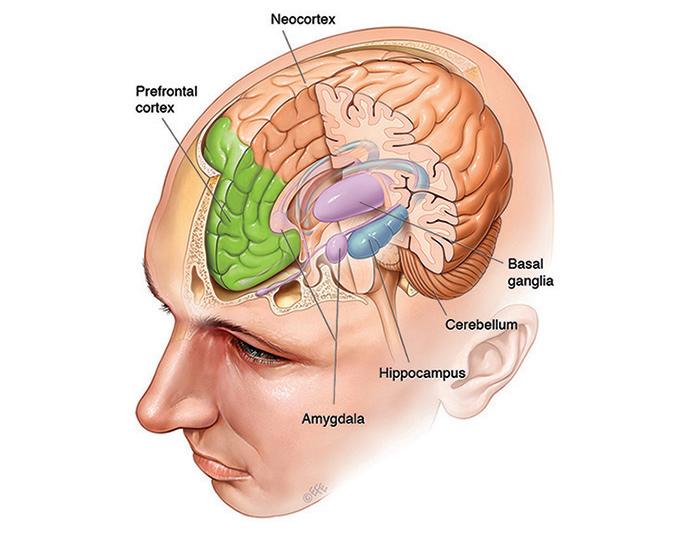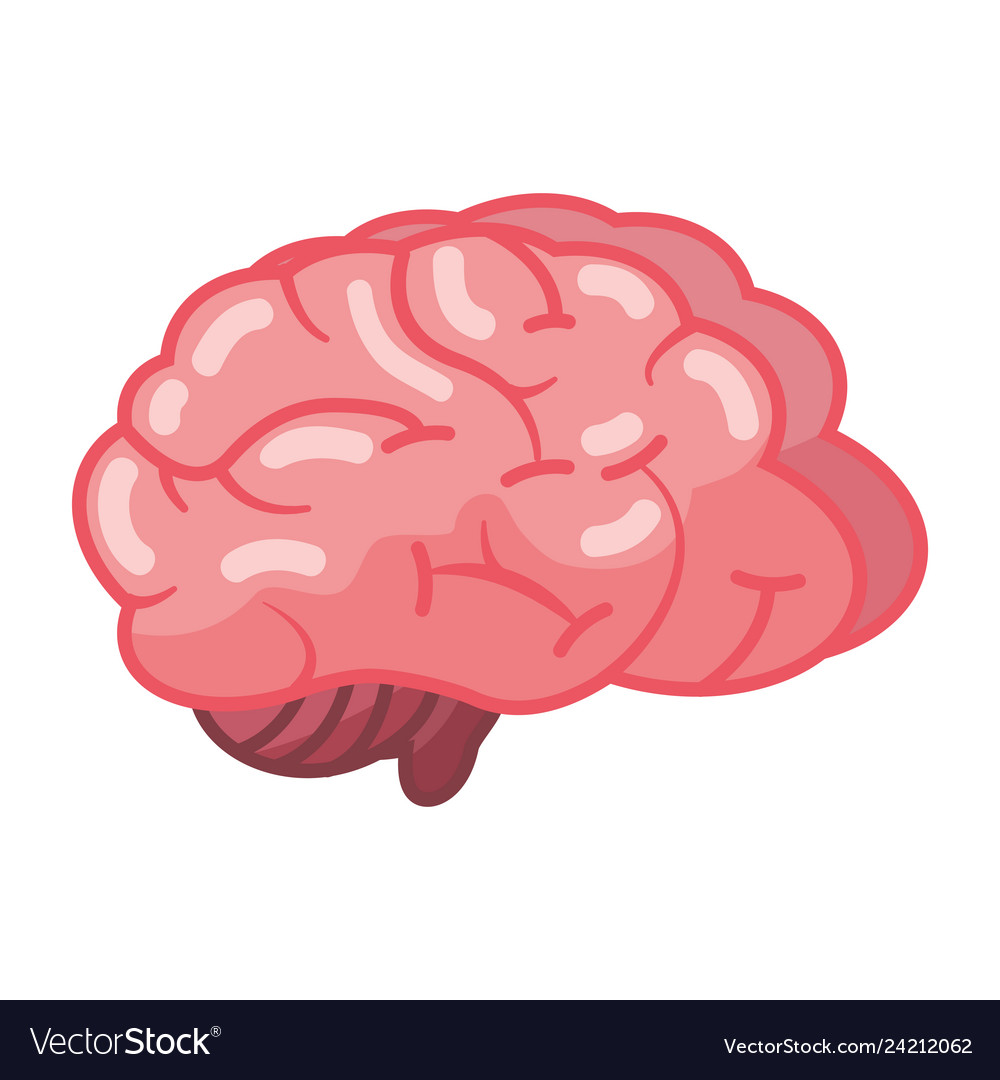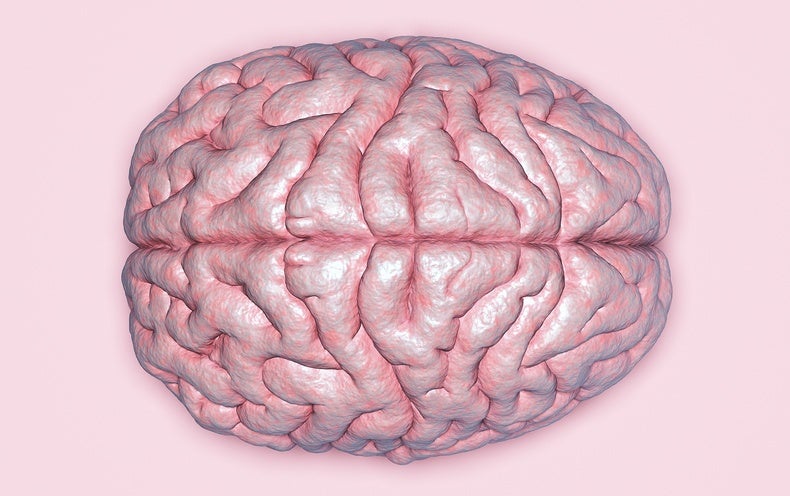
The majority of studies in this field have been conducted following experimental and qualitative approaches. Since different societies, depending on their values, beliefs, and cultures, have different ways of dealing with brain death and securing consent organ donation, it is essential to examine this issue in Iranian society.

(2008) highlighted disagreements among family members based on the characteristics of the brain-dead patient, attitudes toward organ donation, and dissatisfaction with the medical team’s services. (2007) showed that altruism, learning about the patient’s desire to donate their organs after death, giving emotional support to families with a patient who needs an organ transplant, and provision of adequate information about the organ donation process were the factors in the family’s decision to donate organs. They reported that family members were very much concerned about the delivery of the donated organ to the individuals in need, concerned about deformation of the dead body, and reluctant to accept brain death, which were the main obstacles to organ donation. (2009) highlighted disagreements among family members regarding organ donation. showed that improper timing to make the request for organ donations, lack of support by relatives and medical team, and inadequate knowledge about organ donation were the factors contributing to refusals to organ donation by family members. Studies have shown that the perception of brain death and the decision to donate organs is related to the individual who makes the request, the timing of the request, and the way of expressing the request. Reluctance to donate organs is affected by several factors like attitudes toward organ donation, religious beliefs, incorrect perceptions of brain death, dissatisfaction with the care system, lack of trained staff to negotiate with the family of the brain-dead patient, the family’s desire to keep the patient’s body intact, and education level. The organ donation rate in Iran is 10.9 per one million and this rate places Iran at the 27th rank in the world. However, only 926 families of brain-dead patients consented to organ donation in 2017. On average, there are 2500–4000 brain deaths per year in Iran which can be candidates for organ donation. Iran is one of the countries with a shortage of donated organs. As a result, thousands of patients on waiting lists for transplantation die every year. Although, many organizations and medical centers have implemented various interventions and training courses to increase satisfaction with organ donation, a lack of organs for donation still is a serious problem in the world. Organ donation is an altruistic decision that can be made by the family members after brain death. Through improving knowledge and changing cultural beliefs in society, it is possible to take large steps towards promoting organ donation from brain-dead patients.īrain death happens when all the brain functions are stopped and an irreversible brain damage takes place. There were several factors in families’ reluctance to donate organs of a brain-dead patient. Resultsĭata analyses revealed 185 codes, 23 categories, and seven themes including, poor knowledge about brain death and organ transplantation from a dead body, cultural beliefs, religious beliefs, deficiencies of requesting process, fear and concerns, inability to make a decision, and social learning.

Lincoln and Guba’s criteria were used to ensure data rigor and transferability of the study. Data analysis was done following the steps proposed by Graneheim and Lundman. Theoretical saturation was achieved through 20 interviews. In-depth semi-structured interviews were conducted for data gathering. Snowball sampling was employed to select the participants. The study population consisted of individuals with a history of brain death among their blood relatives who refused to donate the organs. This qualitative research was conducted following the conventional content analysis method. Therefore, this study aims to explore the obstacles to organ donation following brain death in Iran. This practice is less common in Iran for different reasons.

Organ donation following brain death has become an important way of supplying organs for transplantation in many countries.


 0 kommentar(er)
0 kommentar(er)
